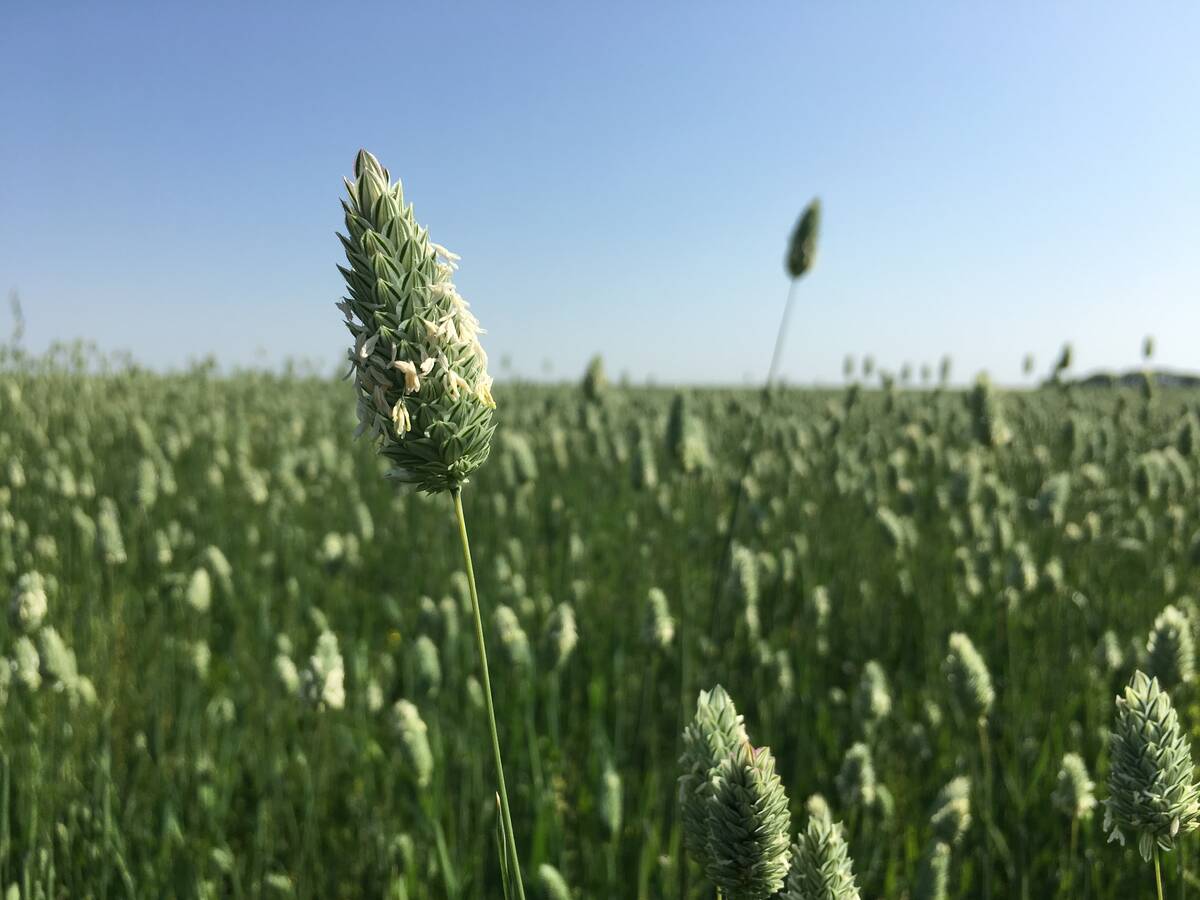Can a sinkhole blocking a rail line in Russia cause world feed grain prices to rise?
It can if the blocked rail line cuts off Silvinit, Russia’s largest potash producer, from the market.
Silvinit said last week a mine flood caused a sinkhole that blocked the rail line on which it transports its production. It was using track built to bypass the sinkhole, but the hole could expand making it impossible for it to supply customers.
Potash Corp. of Saskatchewan, Mosaic and other potash producers suspended new sales until the situation becomes clearer. The companies did not want to make new deals only to see the price of the fertilizer skyrocket if Silvinit can’t solve its problem.
Read Also

No special crop fireworks expected
farmers should not expect fireworks in the special crops market due to ample supplies.
The situation affects the battle for 2008 acreage.
Corn requires potash and if the cost rises, American farmers will be less interested in sowing the crop next spring.
Most analysts already expect far fewer corn acres because production this year has more than met demand and the carry-out into 2008-09 could climb to 50.7 million tonnes compared to 33.1 million last year.
Early forecasts see 86 to 87 million corn acres next spring, down from 93.6 million this year.
But some expect a smaller number, arguing that poor profits have slowed U.S. ethanol expansion, meaning it will likely consume less that the 3.2 billion bushels of corn now expected. That would mean even larger ending stocks and less need for corn acres next spring.
Ethanol expansion would be even slower if not for crude oil’s recent tear beyond $90 US per barrel. That is pushing gasoline prices higher and making it possible to add more ethanol into the mix.
U.S. ethanol makers suffer from overcapacity. They quickly replaced MTBE as an oxygenate and still have lots of capacity left. To build demand, ethanol must be sold in 85 percent blends, called E85. The problem is there aren’t many E85 pumps outside of the Midwest.
Ethanol’s situation would get even worse if crude oil prices fall, lowering gasoline prices and the profitability of ethanol makers.
All the talk now is about the potential for $100 oil. But its value is inflated by Mideast tensions. Fundamentally, the price should be lower because of falling demand due to U.S. economic weakness and the rationing effect of high prices.
These factors present many scenarios for 2008 seeding. Here are two.
If oil prices fall and throw the ethanol industry into turmoil, then corn prices could fall, leading to seeded area of 82 million acres or less, leaving lots of room for other U.S. crops. That means less chance of a battle for acreage next spring and weaker prices for everything from corn to canola to wheat.
On the other hand, if potash prices soar, oil stays high and the ethanol industry soldiers on, the market will again have to pay up to encourage farmers to seed enough corn and, like a rising tide that lifts all ships, strong corn prices will support all crop prices.














